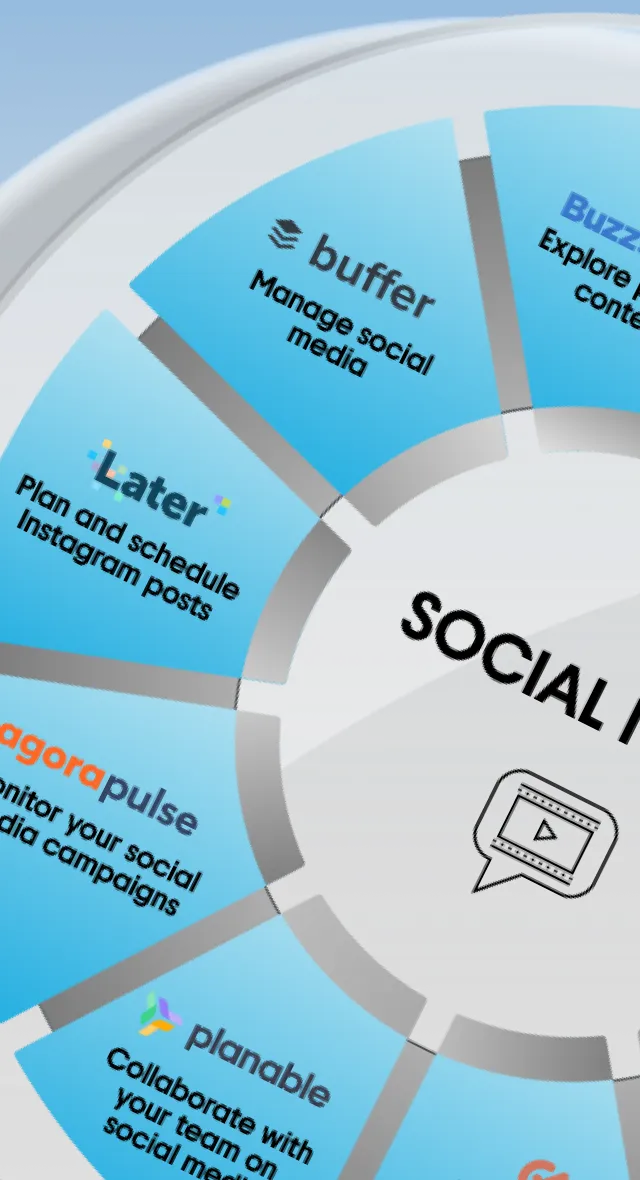The Psychology Behind Marketing to Millennials
Millennials are one of the largest generations by population (following the baby boomers) and one of the most difficult groups to target in your marketing efforts. They are tech-savvy, curious, and independent. They don’t watch TV and don’t trust traditional advertising but they have a lot of other strings that you can pull to appeal to them.
However, marketing to millennials should start not from pulling these strings but understanding what is a millennial generation and what are their values and pain points. This information will become a foundation on which you will build all your further communication.
What is a millennial generation?
The Pew Research Center has been studying what is a millennial generation for more than 10 years. According to it, millennials are those born from 1981 to 1996 and are referred to as Generation Y. These people became adults at the beginning of the 21st century and have been greatly influenced by the generation-shaping factors like rapid technological evolution, economic recession, and unstable political landscape with wars and recurring terrorist attacks.
Speaking about marketing to millennials, it is also crucial to mention that millennials are better educated, thus, more conscious and skeptical than other generations. For instance, the McCarthy group survey found out that 84% of millennials do not like advertising. That means that marketers and advertisers have to constantly test new ways of reaching and engaging with their audiences. Here are the most effective strategies to try.
3 tips on marketing to millennials
Provide experiences
Not only Generation Y is the largest generation by population in the US but also is the only generation that both values and spends a lot of money on experiences, says the Eventbrite’s research. 78% of millennials would choose to attend a concert, a festival or arrange a trip instead of buying something desirable. What’s even more interesting, 72% of them say they would increase their spendings on that. In short, people crave lifelong experiences and it’s high time to take advantage of it.
Create a feeling of FOMO
Aiming to get as many experiences as possible, 69% of millennials suffer from the fear of missing out (FOMO). Every time they realize they are not living their best lives or something more interesting and engaging is happening that they are not a part of, millennials get anxiety and even depression.
Although provoking serious consequences, marketers mercilessly speculate on FOMO. With the help of words and visuals they create a feeling of urgency and scarcity when promoting and selling products and services. For instance, the most catchy email subject lines you can use to create this sense of urgency are with words such as “only”, “ a few” or “right now”.
Engage on social media
In the morning, the first thing people suffering from FOMO do is check their phones and social media feeds. They can’t imagine their lives without Internet, and believe that Facebook, Instagram, and Twitter are the most credible sources.
Another trustworthy spring for more than 70% of millennials is their friends. They make their choices depending on what they see on social media. They go to restaurants their friends have been to, they travel to the picture-perfect destinations and buy products they were suggested.
Having this data at your disposal, the new Facebook algorithm of showing more posts from friends in the feed does not seem to be so random anymore. People tend to doubt traditional advertising methods and believe real people and their choices. Not surprisingly, micro- and nano-influencer marketing is flourishing.
Keep these tips at hand but also extract extra insights in this infographic from the MAPP Blog. It explains the Generation Y personas and shares the general psychology of successful marketing to millennials.
The psychology of successful marketing to millennials [Infographic]
University of Southern California
Today, inducing FOMO, providing experiences, and engaging on social media are the must-do things when marketing to millennials. These tips are super effective, accurate, and helpful but only when you know the psychographics, demographics and the general psychology of your audience.










